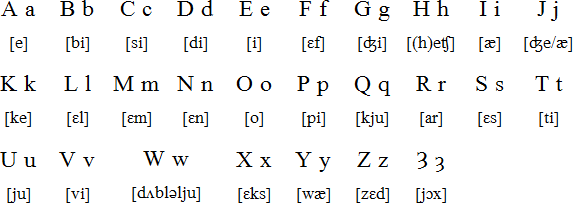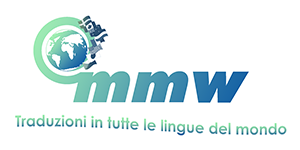h1>Scots (Scoats leid/Lallans)
Scots is a Germanic language closely related to English and spoken
by about 1.5 million people in Scotland. Scots is descended from the
language of the Angles who settled in northern Britain, in an area
now known as Northumbria and southern Scotland, in the 5th
century AD. The language was originally know as ‘Inglis’ and has been
influenced by Gaelic, Norse, Latin, Dutch, Norman French, Standard
French and English.
By the 14th century Scots was the main language of Scotland and was
used in literature, education, government and in legal documents. This
was the period when Scots literature began to take off and notable literary
works include Barbour’s Brus, Whyntoun’s Kronykil and
Blin Harry’s Wallace.
After the union of the Scottish and English parliaments in 1707, English
became the language of government and of polite society in Scotland, though
the vast majority of people continued to speak Scots. English also began
to replace Scots as the main written language in Scotland.
Since the 1990s there has been limited use of Scots in education, the
media and in literature. In 1983 a Scots translation of the New Testament
was published and 1985 the saw the publication of the SNDA’s Concise Scots
Dictionary.
Scots is also known as braid Scots, Doric, Scotch or Lallans. Some people
classify it as a dialect of English, and while it is closely related to English
dialects spoken in Northumbria, it has had it’s own literary tradition since
the 14th century. Today there is a continuum of speech ranging from broad Scots
to Scottish Standard English and many people switch between different
parts of the continuum depending on circumstances.
The UK government accepts Scots as a regional language under the European
Charter for Regional or Minority Languages, and the Scottish Executive recognises
and respects Scots (in all its forms) as a distinct language, and does not consider
the use of Scots to be an indication of poor competence in English.
Scots alphabet

Note
- The last letter, usually referred to as yogh, still appears
in Scots personal and place names, though is usually written Z z.
This has lead to the spelling-based pronunciations of names like
Menzies [mɛnziz] – should be
[mɪŋʌs], Dalziel
[dɪjəɫ] and Monzie
[mɔne] - The names of the letters and these notes come from Chris Robinson
of Scottish Language Dictionaries. - There is considerable variation in the way
Scots is written and pronounced throughout Scotland and there is
no standard spelling system. See:
www.scots-online.org for
more information.
Sample texts in Scots
The Scots Leid Associe wis foondit in 1972 an ettles tae fordle
Scots in leeteratur, drama, the media, eddication an in ilka day
uiss. Akis Scots wis ance the state langage o Scotland, it’s a
vailid pairt o wir heirskip an the associe taks tent tae the fact
that it shoud can tak its steid as a langage o Scotland, alang wi
Gaelic an Inglis.
Translation
The Scots Language Society was founded in 1972 and exists to
promote Scots in literature, drama, the media, education and in
every day usage. Since Scots was once the state language of Scotland,
it is a valid part of our heritage and the society recognises that
it should be able to take its place as a language of Scotland,
along with Gaelic and English.
Aw human sowels is born free and equal in dignity and richts. They are tochered wi
mense and conscience and shuld guide theirsels ane til ither in a speirit o britherheid.
(Airticle 1 o the Universal Declaration o Human Richts)
Translation
All human beings are born free and equal in dignity and rights. They are endowed with
reason and conscience and should act towards one another in a spirit of brotherhood.
(Article 1 of the Universal Declaration of Human Rights)
